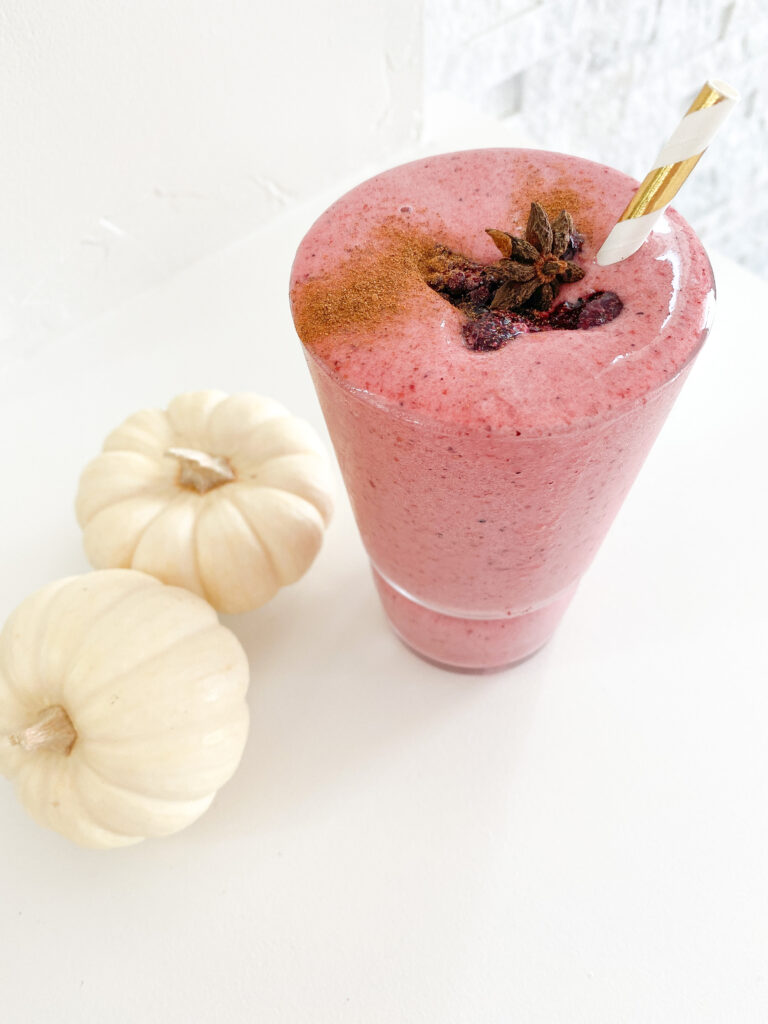Dealing with SIBO symptoms can be exhausting and overwhelming, especially when you don’t exactly know what’s going on. You may experience uncomfortable gastrointestinal symptoms that you think are IBS symptoms. You may have tried treating IBS symptoms, but nothing seems to help relieve the discomfort. Finding the correct diagnosis for your symptoms so that you can take actionable steps toward managing your discomfort can be a relief.
Invest in your health to live your best life.
SIBO, or small intestinal bacterial overgrowth, is a medical condition that is caused by an excess of bacterial growth in the small intestine. In this article, we’ll talk about the symptoms of SIBO, what hydrogen sulfide SIBO is (and if it’s a different type), and how diet, probiotics, and other interventions can help in treating sulfur SIBO symptoms.
Symptoms of SIBO
Before we talk about the symptoms, let’s explore the causes of small intestinal bacterial overgrowth (SIBO). Small intestine bacterial overgrowth occurs when the passage of food and waste through the small intestine slows down. This could be caused by many different factors, including surgery or another disease, such as Crohn’s disease, and can significantly impact gut health.
Since small intestinal bacterial overgrowth often presents with symptoms similar to those of irritable bowel syndrome, SIBO patients may have a difficult time determining that they have this bacterial overgrowth. Here are some common symptoms to look out for:
- Abdominal pain
- Loss of appetite
- Nausea and bloating
- Diarrhea
- A frequent, uncomfortable feeling of fullness
- Unintentional weight loss
- Malnutrition
- Brain fog
If these symptoms last for more than a few days, you should see a doctor. They can determine whether it’s small intestinal bacterial overgrowth by performing a breath test or an upper intestinal endoscopy to collect fluid from the small intestine, called a small intestine aspirate and fluid culture.

Is Hydrogen Sulfide SIBO a Special Type?
Yes, hydrogen sulfide SIBO is a special type of SIBO. This type of SIBO is a result of excessive hydrogen sulfide gas production, caused by bacterial overgrowth.
Types of SIBO
There are three types of SIBO:
- Hydrogen-dominant SIBO: The bacterial overgrowth causes an excess of hydrogen gas in the small intestine, typically resulting in increased diarrhea and abdominal pain.
- Methane-dominant SIBO: In methane-dominant SIBO, the bacterial overgrowth causes an excess of methane gas and produces intestinal methanogen overgrowth, resulting in more symptoms of bloating and constipation.
- Hydrogen sulfide SIBO: The hydrogen sulfide-producing bacteria cause a combination of symptoms from the other types. The distinct feature of hydrogen sulfide SIBO is the smell that occurs during the release of hydrogen sulfide—specifically, gas (burping and flatulence) can have the odor of rotten eggs or sulfur.
A lactulose breath test can determine the type of SIBO based on what gases are identified during the test. Keep in mind, depending on where you have the test done, some only test for hydrogen, some test for hydrogen and methane, and others test for all three types.
Hydrogen Sulfide SIBO Diet
Part of functional medicine is about treating the root cause of illness rather than just managing the symptoms. With that in mind, once you determine the type of SIBO you have from a breath test, the next step would be to discuss treatment with antibiotics, oregano, or bismuth, followed by determining a diet that supports your digestive tract and healthy gut bacteria. Diet plays a crucial role in small intestinal bacterial overgrowth.

Does a Low Sulfur Diet Help Hydrogen Sulfide SIBO?
Many people with hydrogen sulfide SIBO find that a low-sulfur diet helps reduce symptoms, at least in the short term. While scientific research is still limited, clinicians often see improvements in bloating, gas, and discomfort when sulfur-rich foods are reduced. In addition, some individuals with this type of SIBO also experience an overproduction of histamine, in which case a low-histamine diet may be beneficial.
Because responses can vary, dietary recommendations should be individualized and ideally guided by a healthcare provider or dietitian familiar with SIBO. While temporary dietary approaches can provide symptom relief, the long-term goal after treatment is to reintroduce a wide variety of foods and return to a well-rounded, gut-healthy diet that supports microbial balance and reduces the risk of recurrence.
You can also try an elemental diet, a medically prescribed liquid-only regimen that contains vitamins, minerals, amino acids, and other nutrients to support gut health and the health of the human colon. This diet allows the digestive tract to rest and recover from symptoms of small intestinal bacterial overgrowth or a functional gastrointestinal disorder, such as irritable bowel syndrome.
Probiotics for SIBO
Probiotics can help balance and restore the gut microbiome, leading to fewer symptoms and decreased sulfur sensitivity. Studies have shown that certain probiotics can lower hydrogen sulfide levels and improve digestive health. In particular:
- Bacillus clausii normalized breath tests in a way comparable to antibiotics.
- Lactobacillus casei and L. acidophilus were effective in treating chronic diarrhea related to bacterial overgrowth.
- Lactobacillus plantarum has also shown benefit in supporting gut function and reducing symptoms.
Beyond probiotics, hydrogen sulfide SIBO may also be managed with targeted interventions such as antibiotics, high-dose oregano, bismuth, or a combination of these. Herbal antimicrobials like green tea may further support gut health by reducing bacterial overgrowth and alleviating inflammation.
